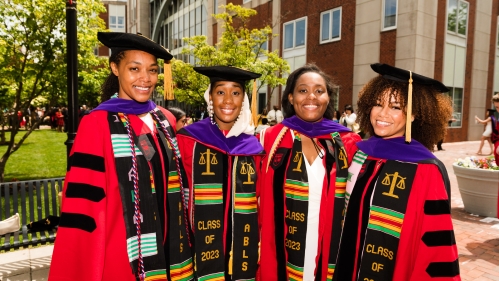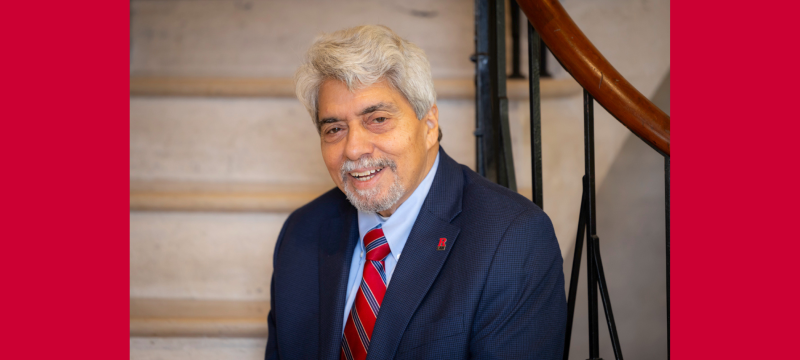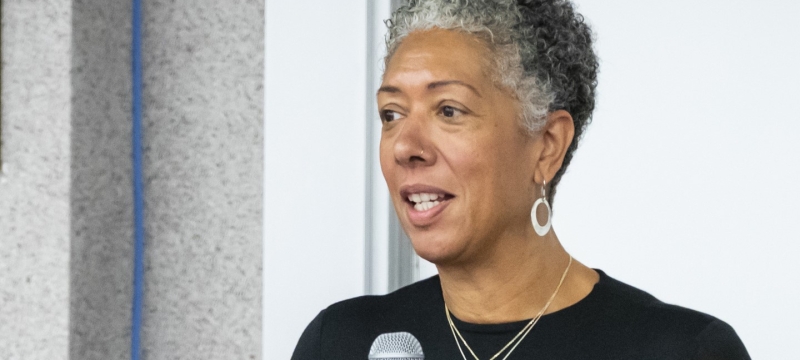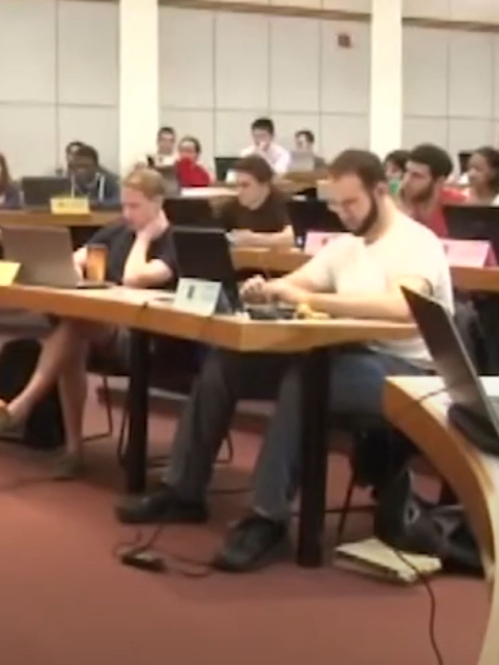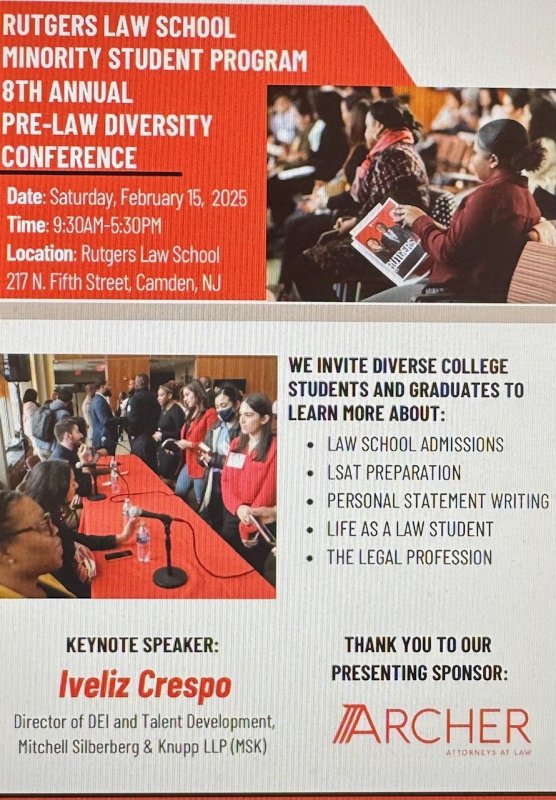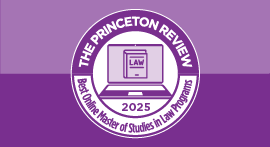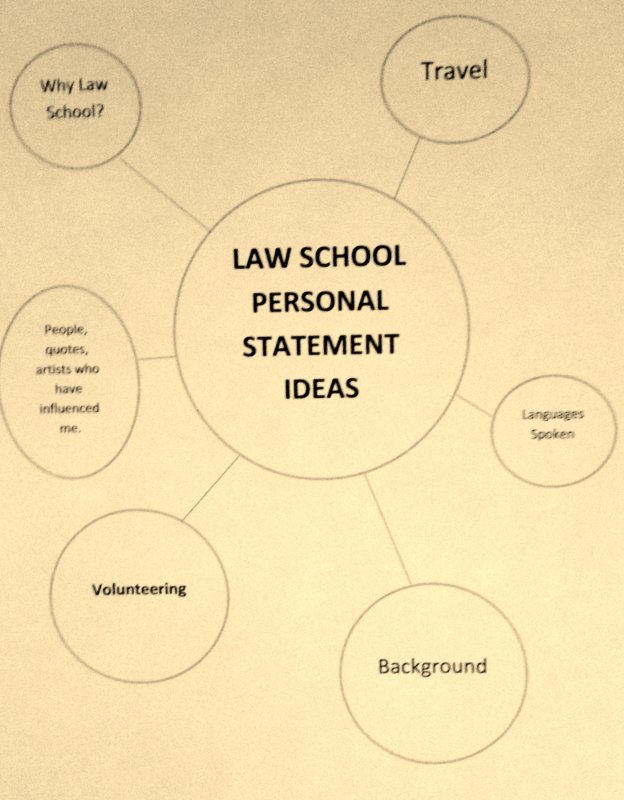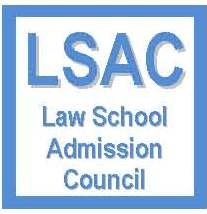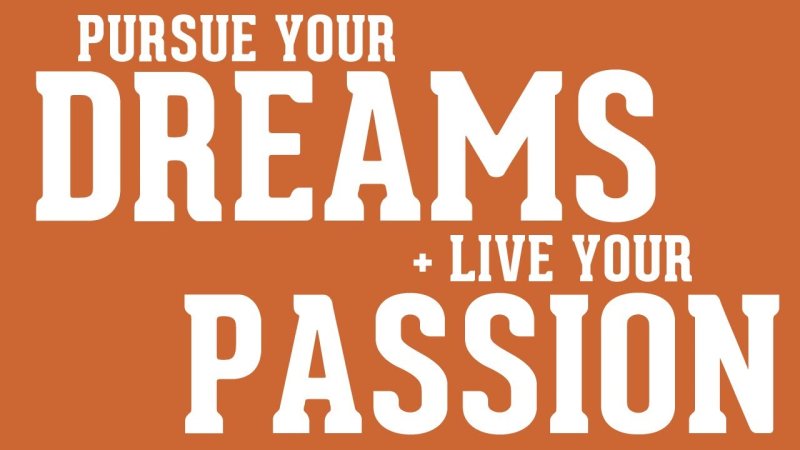The schedule for the 2026-2027 LSAC Law School Forums is as follows:
In-person Forums
Washington, DC
Saturday, July 11, 2026
Toronto, ON
Monday, September 28, 2026
Houston, TX
Saturday, October 3, 2026
Atlanta, GA
Friday, October 9, 2026
New York, NY
Friday, October 16 to Saturday, October 17, 2026
Chicago, IL
Saturday, October 24, 2026
Los Angeles, CA
Saturday, November 7, 2026
Boston, MA
Saturday, November 14, 2026
Digital Forums
LLM Digital Forum
Wednesday, September 23, 2026
October Digital Forum
Tuesday, October 13, 2026
November Digital Forum
Wednesday, November 18, 2026
February JD Digital Forum
Thursday, February 4, 2027








